Fermentation Tanks and Organic Certification
Introduction: Organic certification requires adherence to strict standards of environmental sustainability and animal welfare. Livestock fermentation tanks help farms meet these standards, facilitating organic certification. This article explores how fermentation tanks support organic certification.
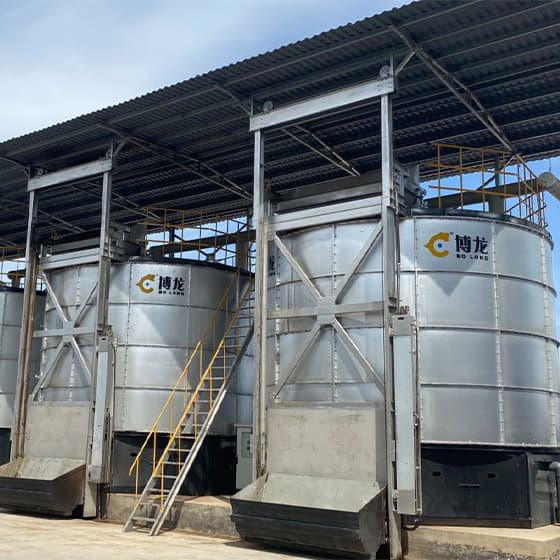
Manure Management: Fermentation tanks manage manure sustainably by converting it into organic compost. This compost is free from synthetic additives, aligning with organic farming principles and certification requirements.
Soil Health: The compost produced by fermentation tanks enhances soil health by increasing organic matter content and promoting beneficial microbial activity. This supports the soil fertility standards required for organic certification.
Reduced Chemical Use: Fermentation tanks reduce the need for chemical fertilizers and pesticides, which are prohibited in organic farming. This aligns with organic certification standards and promotes a healthier farm ecosystem.
Case Study: An organic vegetable farm implemented fermentation tanks to manage livestock manure. The farm improved soil health and complied with organic standards, successfully achieving organic certification.
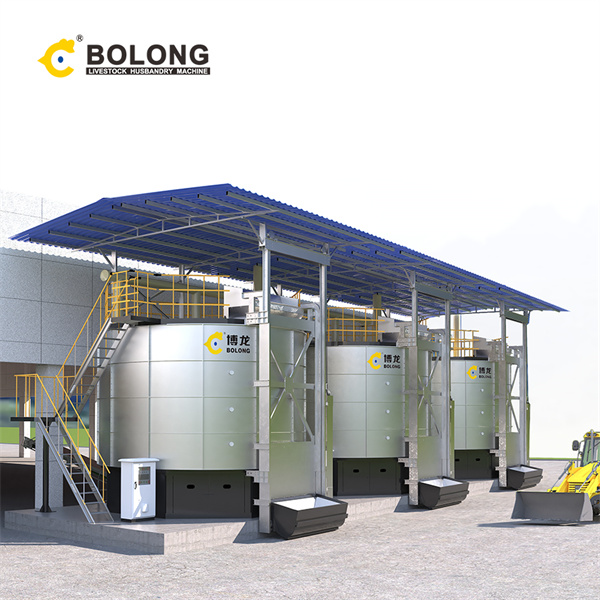
Conclusion: Livestock fermentation tanks support organic certification by managing manure sustainably, enhancing soil health, and reducing chemical use. These benefits help farms meet the stringent requirements of organic certification.
-
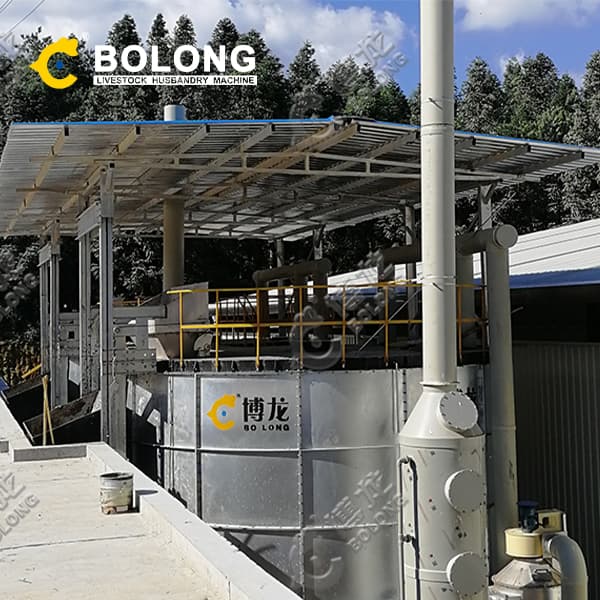 innovative animal dung composting tank24-08-31Sustainability | Free Full-Text | Optimization and Experiment Jul 21, 2023 · As livestock and poultry farming expands in China, the generation of fecal waste has significantly increased. Inadequ...
innovative animal dung composting tank24-08-31Sustainability | Free Full-Text | Optimization and Experiment Jul 21, 2023 · As livestock and poultry farming expands in China, the generation of fecal waste has significantly increased. Inadequ... -
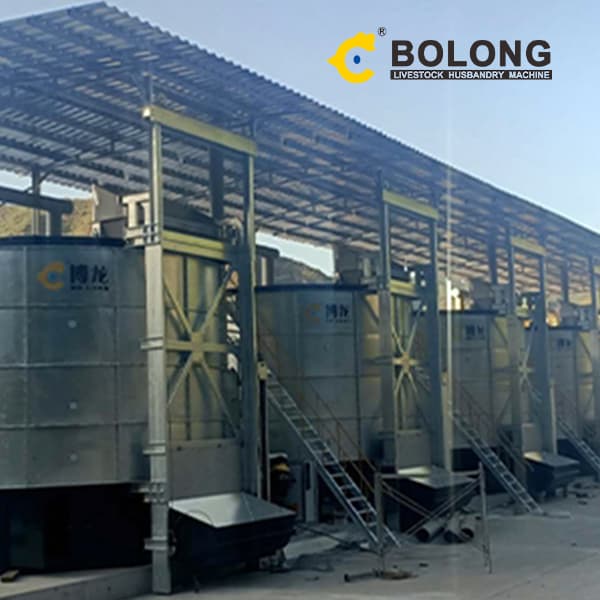 high-quality organic fertilizer composting system24-08-31Compost 101: A Beginner’s Guide to Organic Composting Dec 13, 2023 · Discover the essentials of organic composting with our comprehensive beginner's guide. Learn how to transform kitchen and gard...
high-quality organic fertilizer composting system24-08-31Compost 101: A Beginner’s Guide to Organic Composting Dec 13, 2023 · Discover the essentials of organic composting with our comprehensive beginner's guide. Learn how to transform kitchen and gard... -
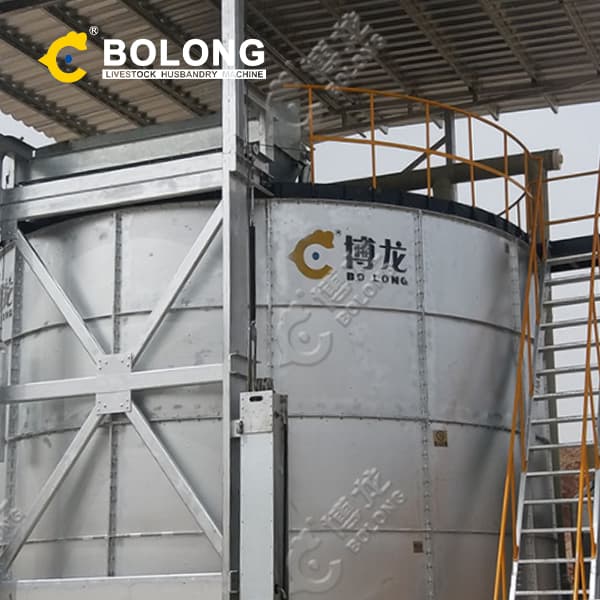 reliable chicken dung compost vessel24-08-31Chicken Manure Compost in Just 18 Days - Salt in my Coffee Jul 2, 2024 · That happens to be the perfect balance for a good hot compost pile. And from what I could see, the deep layers of pine sha...
reliable chicken dung compost vessel24-08-31Chicken Manure Compost in Just 18 Days - Salt in my Coffee Jul 2, 2024 · That happens to be the perfect balance for a good hot compost pile. And from what I could see, the deep layers of pine sha... -
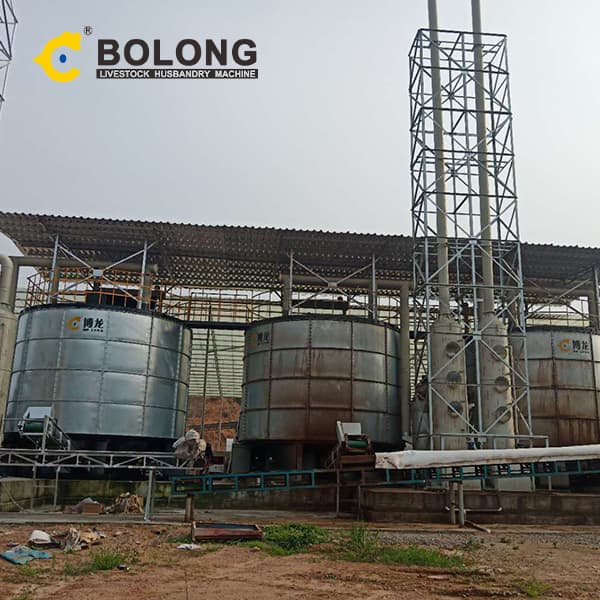 large scale poultry manure compost tank24-08-31easy operated large scale composting-Fermentation Control 2024/5/1/ · The activities of CMCase, β-Gase and FPase were detected at 0.365 U/g, 0.115 U/g and 0.096 U/g on day 0 of composting. As sho...
large scale poultry manure compost tank24-08-31easy operated large scale composting-Fermentation Control 2024/5/1/ · The activities of CMCase, β-Gase and FPase were detected at 0.365 U/g, 0.115 U/g and 0.096 U/g on day 0 of composting. As sho...